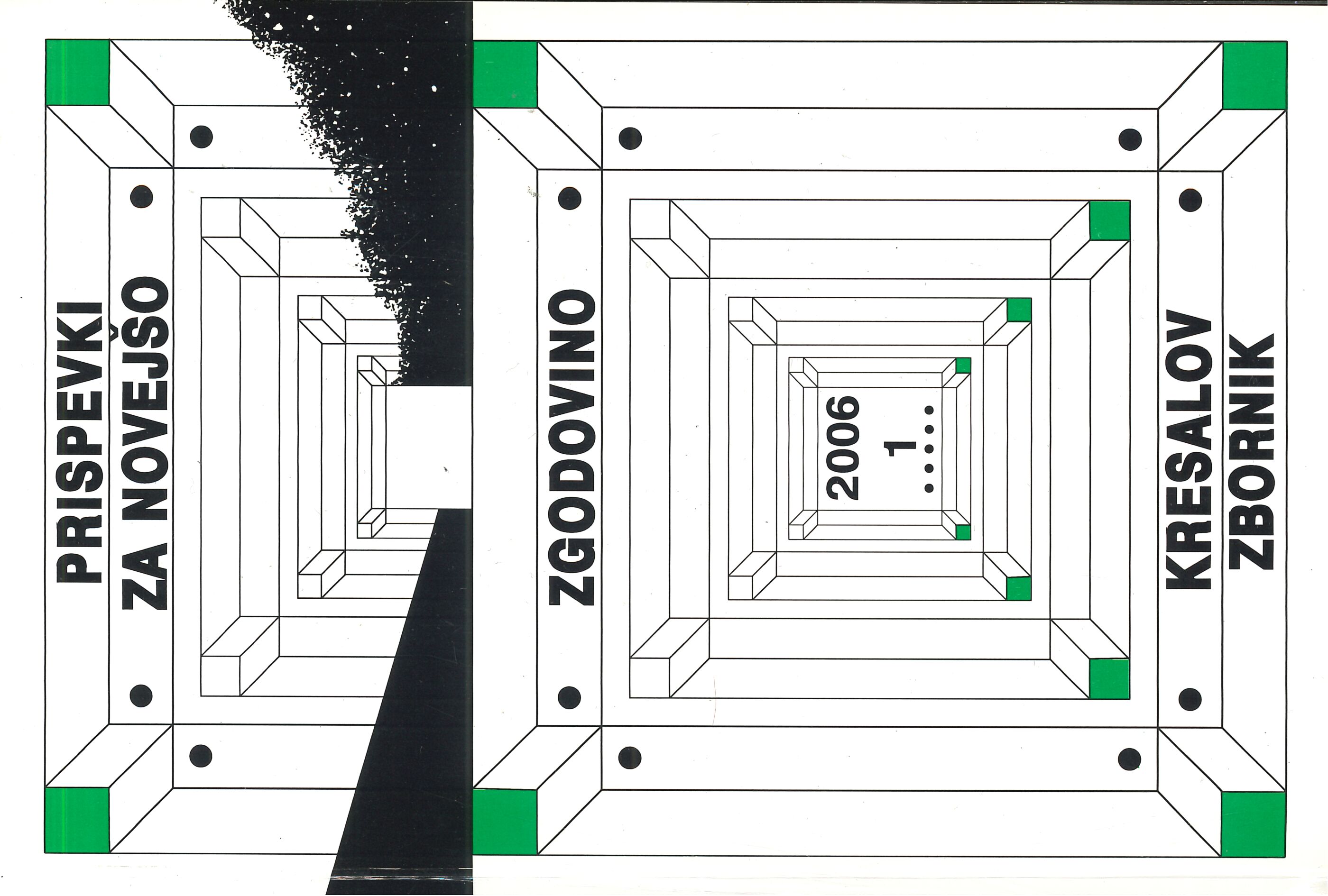Commanding Officer of the American Intelligence Mission ALUM on Slovenia 1943-1944
Keywords:
Second World War, Slovenia, Allies, Office of Strategic Services, OSS, Slovene PartisansAbstract
The American Lieutenant later Captain George S. Wuchinicb was the first officer of the American military secret service on the territory under Tito's control. Between 27 November and 25 July 1944 he commanded the independent American intelligence Service (ALUM) of the Office of Strategic Services (OSS) in Slovenia. Among the fourteen member in the mission, there were three American officers and four sergeants, while the second half was composed of Slovene volunteers who had been captured in Africa as members of the Italian and German armies. The mission sent over 1,600 dispatches and received more than 300. After his return from Slovenia, Lieutenant, later Captain Wuchinich wrote a series of interesting reports on the economic, political and military situation in Slovenia in 1943 and 1944. He did not try to conceal his enthusiasm for the Slovene Partisans. His reports were considered interesting, instructive and definitive. The paper deals with his views and assessments of the Slovene liberation movement, as well as some less known details.
Downloads
Published
Issue
Section
License
Authors who publish with this journal agree to the following terms:
- Authors retain copyright and grant the journal right of first publication with the work simultaneously licensed under a Creative Commons Attribution License that allows others to share the work with an acknowledgement of the work's authorship and initial publication in this journal.
- Authors are able to enter into separate, additional contractual arrangements for the non-exclusive distribution of the journal's published version of the work (e.g., post it to an institutional repository or publish it in a book), with an acknowledgement of its initial publication in this journal.
- Authors are permitted and encouraged to post their work online (e.g., in institutional repositories or on their website) prior to and during the submission process, as it can lead to productive exchanges, as well as earlier and greater citation of published work (See The Effect of Open Access).


